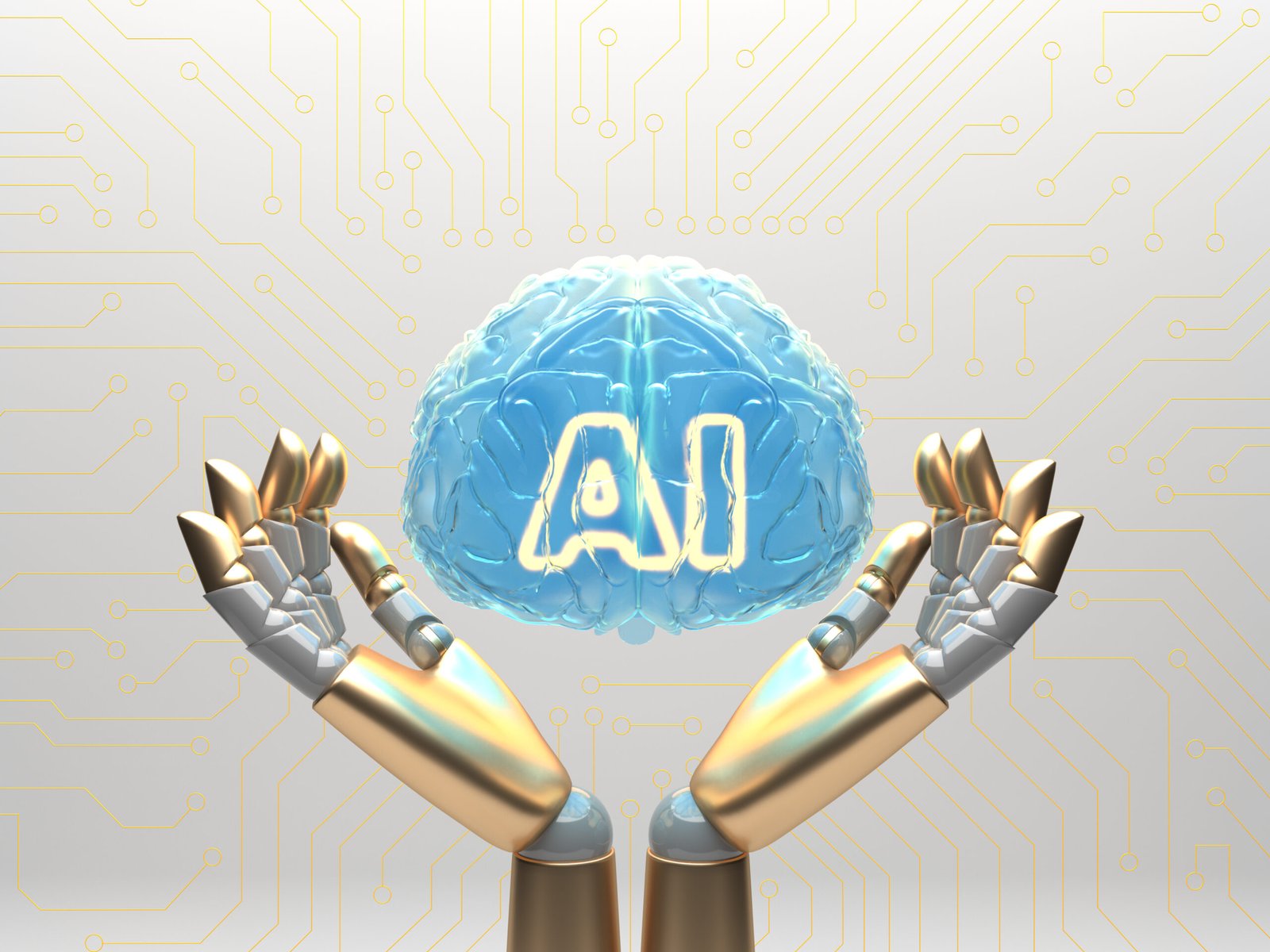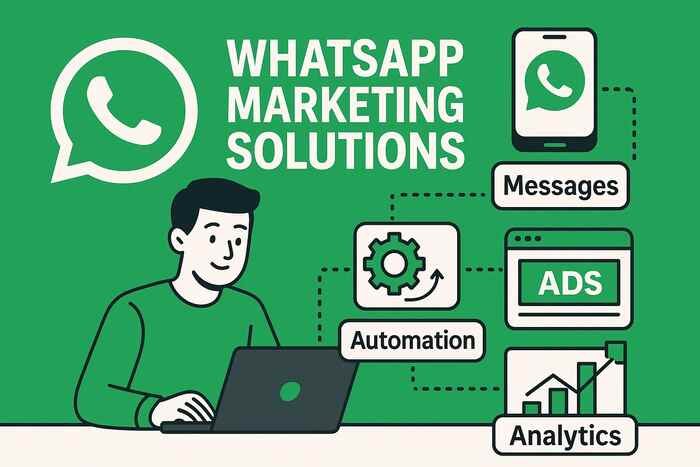The Future of Digital Marketing: Key Trends to Watch Beyond AI, Voice Search, and Technology in 2026-2027
As we approach 2026-2027, the landscape of digital marketing will continue to evolve at a rapid pace, driven by emerging technologies that are reshaping how businesses connect with their audiences. While artificial intelligence (AI) and voice search have already set the stage for transformation, the future will introduce even more groundbreaking trends. Below are some of the most exciting and promising trends that digital marketing agencies should keep an eye on for the next few years.
1. Quantum Computing and Marketing Analytics
As quantum computing becomes more accessible, it will bring a seismic shift in how we analyze and leverage data. Quantum computing allows for vastly faster processing of data compared to current technologies. It enables marketers to analyze massive datasets in real-time with unprecedented accuracy.
Key Impacts:
- Smarter Data Analysis: It will enable hyper-advanced analytics, allowing marketers to identify even the most subtle patterns in consumer behavior. This will help create highly specific audience segments and tailor campaigns with pinpoint precision.
- Predictive Marketing: With real-time data processing, predictive analytics will be more accurate, allowing marketers to forecast customer behaviors with confidence. Brands can predict future customer actions and adjust their strategies accordingly, making their marketing efforts far more proactive than reactive.
2. Digital Twins for Customer Experience
A Digital Twin is a virtual model of a real-world object or system, and in digital marketing, this concept can be applied to consumers themselves. By creating virtual replicas of customers, marketers can simulate consumer behaviors, test marketing strategies, and design campaigns that will most likely resonate with specific individuals.
Key Impacts:
- Simulating Consumer Behavior: Digital twins will allow marketers to test out different strategies and product ideas before launching them. By simulating consumer behaviors in a virtual space, businesses can refine their campaigns and ensure they hit the mark when they launch.
- Hyper-Personalization: Marketers will be able to offer personalized experiences, as digital twins can simulate the exact needs of consumers. This next-level customization will improve engagement and conversion rates.
3. Neuromarketing & Emotional AI
In the future, Neuromarketing and Emotional AI will become integral tools for understanding and leveraging consumer emotions in marketing. These technologies measure physical and neurological responses (like facial expressions) to uncover how people truly feel about a brand.
Key Impacts:
- Emotionally Intelligent Marketing: Emotional AI will enable brands to create content that speaks directly to the emotions of their audience. It increases emotional engagement and fosters stronger connections.
- Real-Time Adjustment of Campaigns: Marketers will monitor emotional reactions to ads in real-time, adjusting content to maximize impact. This could significantly improve ad performance, as marketers can instantly align their messaging with consumer moods.
4. Concept of Metaverse in Digital Marketing
The Metaverse is a collective virtual shared space, merging augmented reality (AR), virtual reality (VR), and blockchain to create an immersive digital world. As the metaverse expands, it will provide marketers with new, exciting opportunities to engage consumers in fully interactive and immersive ways.
Key Impacts:
- Virtual Brand Experiences: In the metaverse, brands can create immersive experiences like virtual stores, events, or product launches, allowing consumers to interact with products and services in new, engaging ways.
- Cross-Platform Integration: As the metaverse is expected to span multiple platforms, brands will need to maintain a consistent presence across various virtual worlds. This could involve creating virtual assets (like digital merchandise) or branded experiences that remain coherent and recognizable, regardless of the specific metaverse platform.
5. 5G and Beyond: Revolutionizing Connectivity
With the roll-out of 5G and future advancements in connectivity, marketers will be able to deliver faster, more seamless experiences for consumers. 5G’s ultra-low latency and high-speed connections will open up new possibilities for digital marketing, especially in the realms of AR, VR, and real-time interactions.
Key Impacts:
- Enhanced AR & VR Experiences: 5G will enable smoother and faster augmented reality (AR) and virtual reality (VR) experiences. This will be crucial for marketers looking to offer immersive content that is both high-quality and fast-loading.
- Instant Feedback and Adjustments: With fast internet speeds, marketers will be able to collect consumer feedback instantly, adjusting campaigns. This level of immediacy will transform how brands interact with customers, making the entire process much more dynamic.
6. Decentralized Marketing and Blockchain Technology
The rise of Web3 and decentralized technologies will shift how digital marketing is structured. With blockchain, marketers will be able to create more transparent, secure, and trust-based relationships with consumers. Blockchain will also enable brands to track their advertising spend more effectively and eliminate issues like click fraud.
Key Impacts:
- Decentralized Social Media: As decentralized social platforms emerge, marketers will need to rethink how they engage with consumers. Web3 social media platforms will allow users to control their data, creating new opportunities (and challenges) for marketers.
- Transparent Advertising: Blockchain’s ability to create immutable records of transactions will enable brands to track the effectiveness of their advertising spend. Marketers will be able to ensure that their ad dollars are being spent efficiently, and consumers will benefit from more ethical advertising practices.
7. Ethical AI and Privacy-Centric Marketing
With increasing concerns around privacy, the future of digital marketing will place a significant emphasis on privacy-first strategies. Marketers will need to ensure that their AI systems are ethical, transparent, and respectful of user data.
Key Impacts:
- Zero-Party Data: As consumers become more aware of how their data is used, brands will need to rely more on zero-party data (data that consumers willingly share). This could mean offering consumers more control over their data in exchange for personalized marketing experiences.
- Privacy-First Personalization: Marketers will need to balance personalization with consumer privacy. This will lead to the development of privacy-focused strategies that build trust and loyalty among customers.

Conclusion: Embracing the Future of Digital Marketing
The next big trends in digital marketing are all about innovation, technology, and creating deeper connections with consumers. By embracing technologies like quantum computing, digital twins, and emotional AI, marketers will be able to create highly personalized, immersive, and transparent experiences for their customers. These technologies will not only improve how brands interact with consumers, but they will also pave the way for more ethical, efficient, and engaging marketing strategies in the years to come.













daniel
Visit https://marketingsprout.co for Best Digital Marketing Services Solutions.